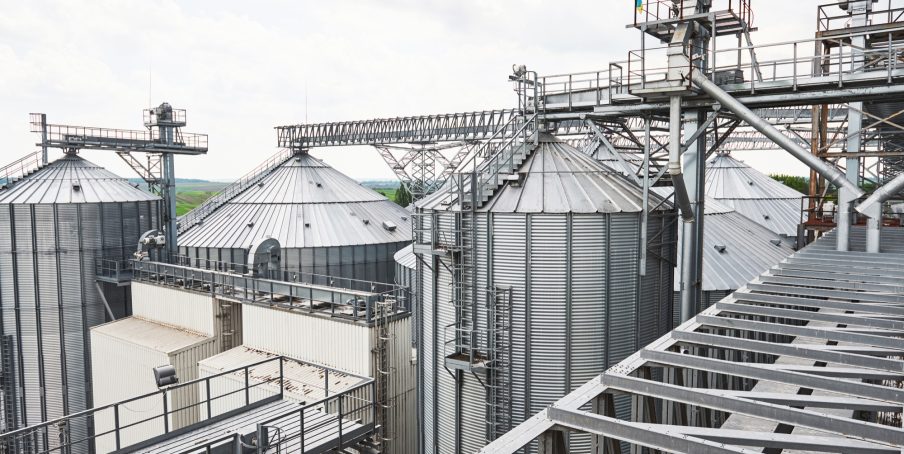Exploring Benefits and Challenges of Free Trade Agreements
Free Trade Agreements (FTAs) have become increasingly prevalent in the global economy, with countries seeking to foster economic integration and promote international trade. These agreements eliminate or reduce barriers to trade, such as tariffs and quotas, in order to facilitate the flow of goods and services across borders. While FTAs offer numerous benefits, they also present challenges that need to be navigated carefully. In this article, we will delve into the advantages and challenges associated with free trade agreements.
Benefits of Free Trade Agreements
Increased Market Access

Enhanced Economic Growth
Free trade agreements can act as catalysts for economic growth. By promoting international trade, FTAs stimulate economic activity, boost production, and create employment opportunities. Increased market access allows businesses to reach larger customer bases, leading to economies of scale and improved efficiency. The resulting economic growth benefits both participating countries and their citizens, leading to higher living standards and improved quality of life.

Improved Foreign Direct Investment (FDI)
Access to Resources and Inputs
Challenges of Free Trade Agreements
Displacement of Domestic Industries
While FTAs offer numerous advantages, they can also lead to the displacement of certain domestic industries. As markets open up to international competition, domestic businesses that are unable to compete effectively may face challenges or even closure. Sudden changes in market dynamics can impact local industries, causing job losses and economic disruption. Governments must implement policies and support mechanisms to assist affected industries during the transition period.

Unequal Distribution of Benefits
Regulatory Harmonization and Compatibility
Political Considerations and Negotiations
Negotiating and implementing free trade agreements involve extensive political considerations. Negotiations can be lengthy and require compromises on various fronts, including sensitive sectors and national interests. Domestic political opposition, public sentiment, and lobbying by interest groups can complicate the negotiation process. Balancing economic benefits with political realities is crucial to ensure successful agreement outcomes.
Free trade agreements have the potential to drive economic growth, enhance market access, and foster international cooperation. They offer significant benefits such as increased market opportunities, economic growth, and improved access to resources. However, challenges such as the displacement of domestic industries, unequal distribution of benefits, regulatory harmonization, and political considerations must be carefully addressed. Governments and policymakers play a crucial role in mitigating these challenges and maximizing the benefits of free trade agreements for all stakeholders. By pursuing balanced and inclusive trade policies, countries can harness the transformative power of free trade agreements and create a more interconnected and prosperous global economy.








